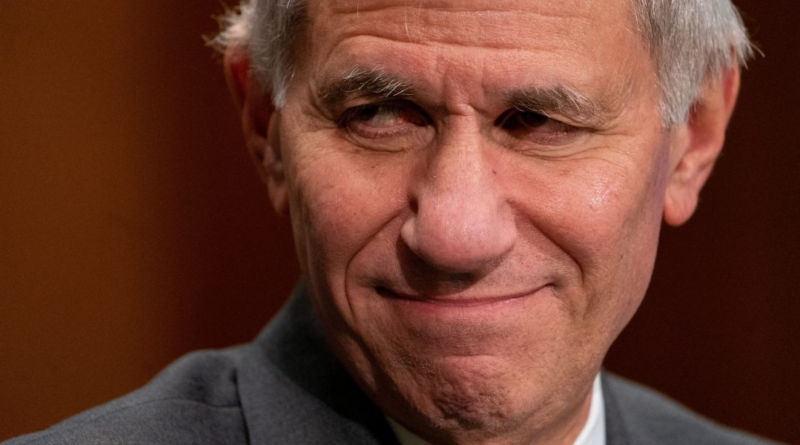Wall Street watchdogs want another crack at clawing back big bonus payouts after executive misconduct
Regulators will try again as soon as next week to impose rules that would force banks to claw back pay from executives who take too much risk, despite opposition that doomed reforms twice before.
The Federal Deposit Insurance Corp.’s proposal would tighten the reins by making clawbacks mandatory, rather than at the discretion of the banks, according to people people familiar with the matter. Some other discretionary measures under the 2016 version are also expected to shift to requirements, said the people, who weren’t authorized to speak publicly on the matter.
The FDIC could announce the reworked proposal as soon as Monday, after the five-member board has voted on it, the people said, but that won’t be the end of the process. The industry has resisted prior efforts in 2011 and 2016, and an array of U.S. agencies also must consent before the plan could take effect. One of them is the Federal Reserve, which isn’t on board with this version, the people said.
Representatives for the FDIC and the Fed declined to comment.
Last year’s banking turmoil, which felled three of the largest regional lenders, reignited debate about holding executives accountable for bad decisions. The proposed rules are meant to curb risky behavior by forcing executives and other prominent employees to wait longer to cash out their vested bonuses until the results of their decisions are clear.
Full details about the latest FDIC proposal weren’t available. A prior version would have given companies as long as seven years to claw back pay tied to misconduct, even if the bonuses were already vested. Financial firms would also have to give watchdogs additional details on pay packages, and that information could be made available to the public.
More Agencies
For those rules to take effect, they’d have to pass muster with the Fed and four other financial regulators would have to sign on. The Federal Housing Finance Agency, the Office of the Comptroller of the Currency, the Securities and Exchange Commission and the National Credit Union Administration, each would have to jointly propose and finalize the measures.
The status of the rules at each of those regulators is unclear. The need for coordination, and the fact that agencies moved at their own pace last time, contributed to why the rule still hasn’t been finalized nearly 15 years after being mandated under the 2010 Dodd-Frank Act. The law was passed to prevent some of the excesses that led to the 2008 financial crisis.
Banks and financial firms strongly pushed back on the prior iterations, and are likely to do so again if they see the latest effort gain steam. Representatives for the OCC, NCUA and SEC declined to comment; the FHFA didn’t respond to a request for comment.




